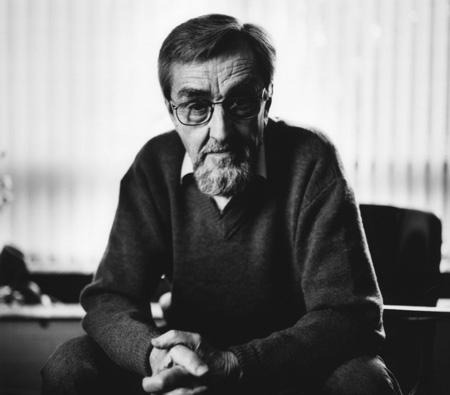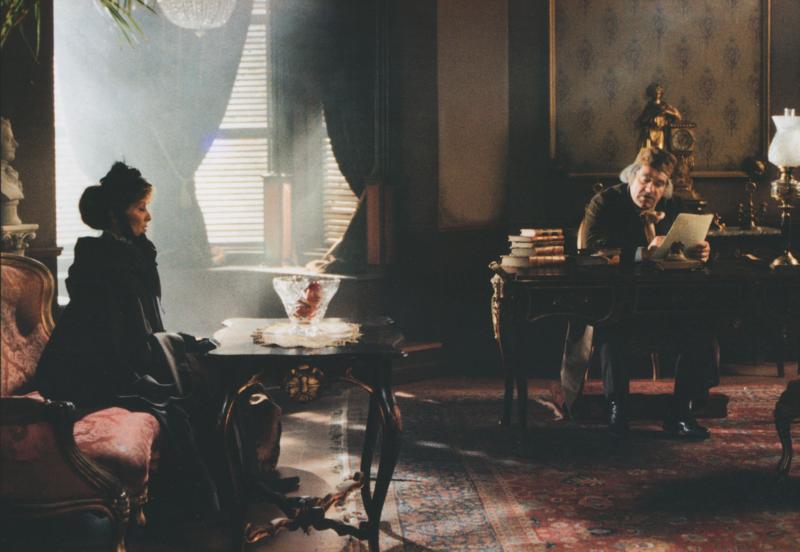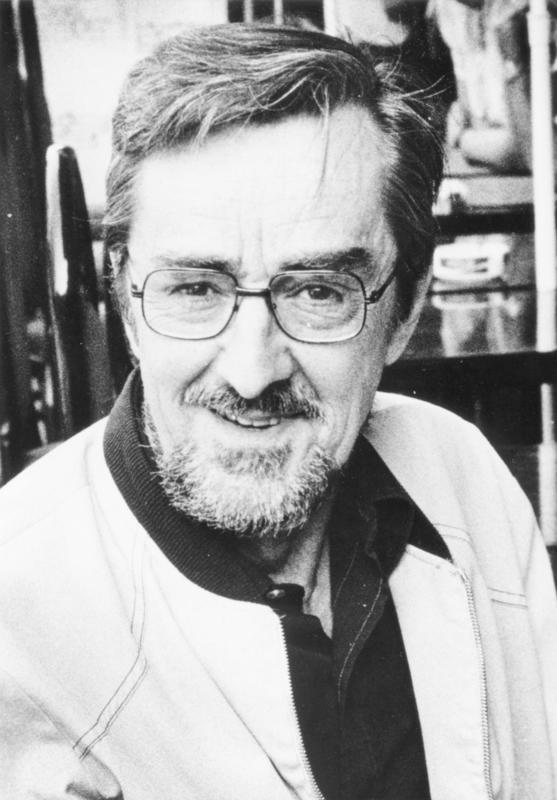An up-and-down career, a motley string of films, a life stretched between the poles of Denmark and France – and a near-miraculous triumph when "Babette's Feast," his stroke of genius, was the first Danish film ever to win an Oscar.
No, there is nothing ordinary about Gabriel Axel's career as a film director, which extended over more than four and a half decades. He was outside the norm in almost every respect. Half Danish, half French, he grew up and went to school in Paris.
He made 21 films of wildly different quality (why try to hide it?), but "Babette's Feast" will remain. It is simply one of the best loved Danish films the world over. Leaf through any international film guide and you will find that it gets top ranking everywhere.
Nor is there any reason to hide that Axel was not always seen as a prophet in one of his homelands, Denmark, where he was hampered by having to take on trivial folk comedies to put food on the table.
That hurt his reputation, and his excursions into soft porn around 1970 hardly helped, either. So, even as "Babette's Feast" put the world at his feet, Danish critics were far more reserved.
Clearly, I, too, was seeing the film through tinted glasses when I wrote my highly conditional praise from Cannes, where the film screened in the Un Certain Regard section and drew all-around raves.
My reservations were about the talent – not the person. A marvellous thing about Axel was that, while he may have been hurt by criticism, he was never insulted. He had the largesse and generosity to accept that people's tastes are different, and so he never greeted even a sharp-tongued critic with anything but amiability.
I think Axel will be remembered for two things as a filmmaker.
First of all for his Oscar and "Babette's Feast," a project he fought with uncommon tenacity to realise for 15 years. Indeed, the film's theme was practically autobiographically French-Danish: a French (artist) chef gives the lumpy Danes a taste of heaven. When Axel first sets the table for the feast, even the most blasé among us have to surrender.
But I also think Axel will be remembered for his indomitable fighting spirit over a long and winding career where he was never knocked silly despite great adversity and always bounced back by holding on to his dreams.
A shining example of the enormous resilience it takes to maintain a long film career in a small country.
Gabriel Axel's stroke of genius, "Babette's Feast", with Stéphane Audran. Photo: Peter Gabriel
Gabriel Axel
Director, actor. Born 18 April 1918 in Aarhus, Denmark. Died 9 February 2014, aged 95.
Axel grew up in Paris in a wealthy Danish manufacturer's family. He moved to Denmark at age 16 after the family's economic collapse. The same year, he enrolled in the Askov School of Woodworking to learn Danish and later to train as a cabinetmaker.
In 1942 Axel was admitted to the acting school at the Royal Danish Theatre in Copenhagen. After graduating in 1945, he returned to France where he spent five years on stage in Paris, including at the Théâtre de L’Athéné under the legendary theatre director Louis Jouvet.
In 1948 Axel married Lucie, a Frenchwoman, and in 1950 they moved to Denmark. Axel broke through as a stage director in the early 1950s. His productions included Marcel Aymé's "Other People's Heads," Pierre Corneille's "The Cid" and Jean Giraudoux's "Duel of Angels."
Axel started directing for television in 1951, the very first year of TV broadcasting in Denmark. Up to 1968, he directed 48 televised dramas.
From 1955, Axel was a director at Nordisk Film. His debut feature, the social-realist drama "Nothing But Trouble" (1955), was highly praised. He went on to direct a string of comedies and farces before making the epic Nordic saga "The Red Mantle" in 1967, which was selected for Cannes competition the same year and won a Technical Grand Prize Special Mention.
Following a series of more or less erotic films and broadly popular comedies, Axel in 1977 launched a prolific career as a director of French TV films, culminating in 1985 with a historical five-episode series, "Les colonnes du ciel" ("Heaven's Pillars").
In 1987, Axel returned to Denmark to direct what had been his dream project for over 15 years, an adaptation of Karen Blixen's "Babette's Feast." After screening at the Cannes film festival, the film became a worldwide success and won the 1988 Oscar for Best Foreign Language Film. His next films – the youth drama "Christian" (1989); the historical drama "Royal Deceit" (also known as "Prince of Jutland", 1994), after the legend of Prince Amleth, and starring Helen Mirren, Gabriel Byrne and Christian Bale; and "Laïla the Pure" (2001), a love story set in Morocco – failed to achieve the same international resonance.
Alongside his directing career, Axel starred in a dozen Danish films, mostly in colourful supporting roles in popular comedies in the 1950s and 60s. He played the lead as the elegant charlatan in "I, a Nobleman" (also known as "The Reluctant Sadist," 1967).



